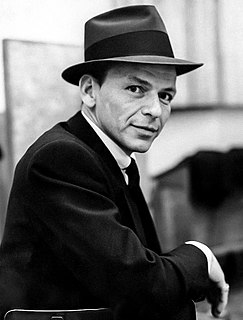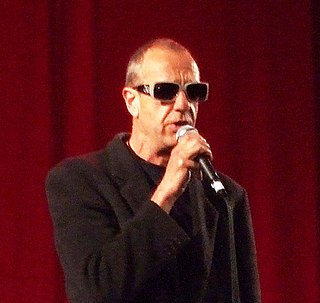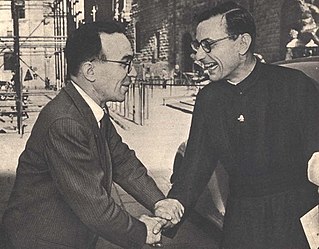A Quote by Ludwig Wittgenstein
One often makes a remark and only later sees how true it is.
Related Quotes
Sometimes he would advise me to read poetry, and would send me in his letters quantities of verses and whole poems, which he wrote from memory. 'Read poetry,' he wrote: 'poetry makes men better.' How often, in my later life, I realized the truth of this remark of his! Read poetry: it makes men better.
Remember, how often the great art of the past didn't look great at first, how often it didn't look like art at all; how much easier it is, decades or centuries later, to adore it, not only because it is, in fact, great but because it's still here; because the inevitable little errors and infelicities tend to recede in an object that's survived the War of 1812, the eruption of Krakatoa, the rise and fall of Nazism.
If it is true to say of the lazy that they kill time, then it is greatly to be feared that an era which sees its salvation in public opinion, this is to say private laziness, is a time that really will be killed: I mean that it will be struck out of the history of the true liberation of life. How reluctant later generations will be to have anything to do with the relics of an era ruled, not by living men, but by pseudo-men dominated by public opinion.
Simply put, dramatic irony is when a person makes a harmless remark, and someone else who hears it knows something that makes the remark have a different, and usually unpleasant, meaning. For instance, if you were in a restaurant and said out loud, "I can't wait to eat the veal marsala I ordered," and there were people around who knew that the veal marsala was poisoned and that you would die as soon as you took a bite, your situation would be one of dramatic irony.







































